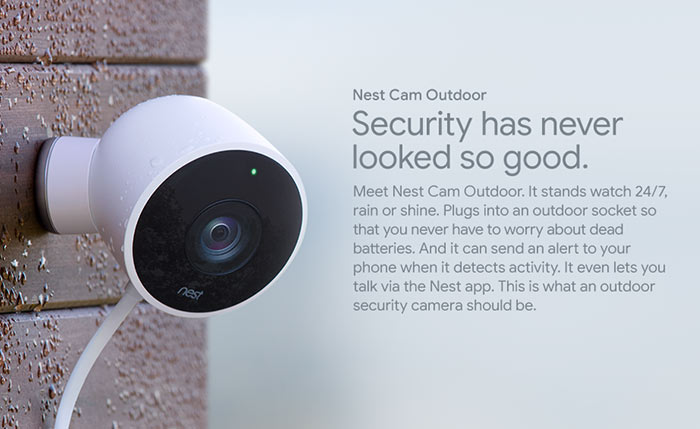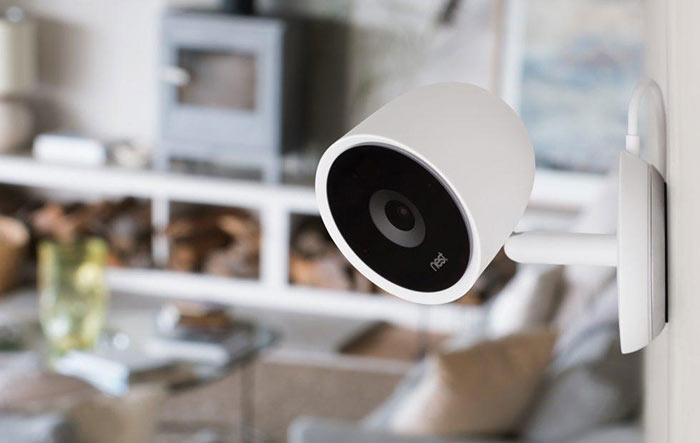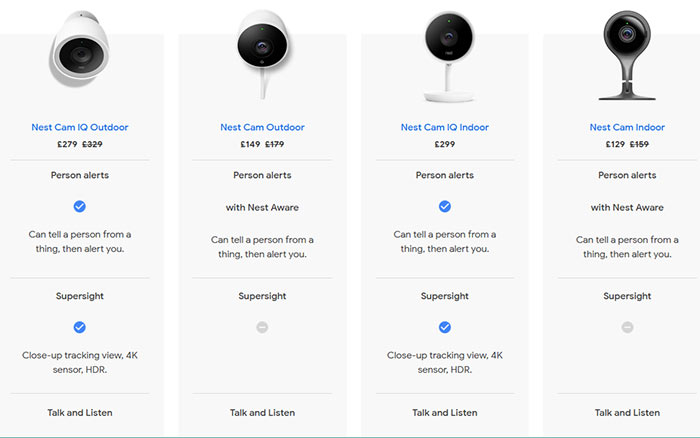There have already been various actions by ISPs, video streaming services, games portals, and others - all in the name of safeguarding internet bandwidth during the Covid-19 pandemic - noted in the HEXUS news. In mid-March, before the UK had even locked down, the hugely popular Alphabet / Google owned YouTube video viewing and streaming site gave notice that it was about to dial-back the default video streaming quality in Europe. It didn't change its compression bitrates, rather it made SD videos the default but users are free to turn things back up if their device allowed such adjustments.

Now it looks like Google has pondered over other bandwidth hogs within its portfolio and has surprisingly (for me) cast its gaze upon its Nest Cam smart CCTV cameras, and followed up with adjustments. In a letter to users picked up by TechCrunch, Google said it is going to temporarily lower the video quality of Nest Cams to limit the bandwidth each camera uses, to "conserve internet resources." It was further explained that this initiative was spurred by the "global call to prioritize internet bandwidth for learning and working". Anyone who has this adjustment rolled out to them will be notified within the app.
At my home the Blink XT smart cameras I own have been off more than usual due to us being home more than usual with WFH, social distancing etc. So it sounds rather an odd focus for Google to need to dial back its Nest Cam recording quality. Also one usually wants security cameras to perform at their best when you use them to, for example, pick up a thief's distinctive duelling scar, or to be able to read a getaway car's number plate.

Nest Cams use between 300GB and 400GB per month (High quality setting)
I don't own a Google Nest Cam cameras, so had a look at the official FAQ about the devices and their internet bandwidth and speed requirements. The help pages say that the cameras work by "uploading footage to the Nest service in the cloud, then downloading the footage to your phone or tablet for viewing." Bandwidth use seems rather high, especially at best quality settings. According to Google's official FAQ your Nest Cam will use between 300 and 400GB per month when using the high quality settings. Dialling this back to Medium can reduce this to as low as 120GB per month depending on the Nest Cam product. Users can further reduce data use by scheduling active camera times or via a Nest Aware subscription.

Remember, Google is just changing the defaults here, as it did with YouTube. Users can freely bump the Nest Cam recording quality back up if they require.






